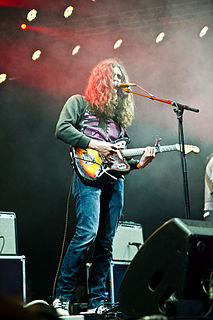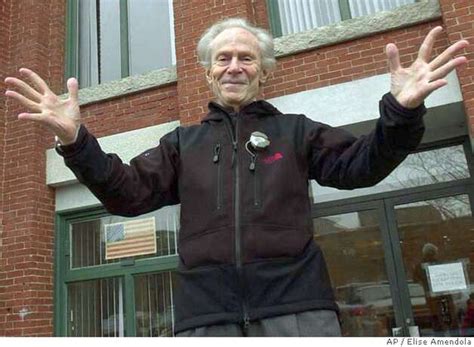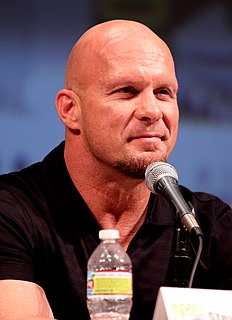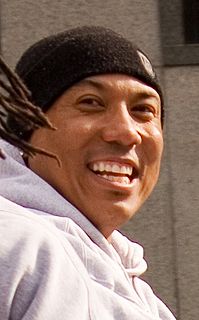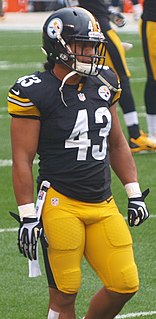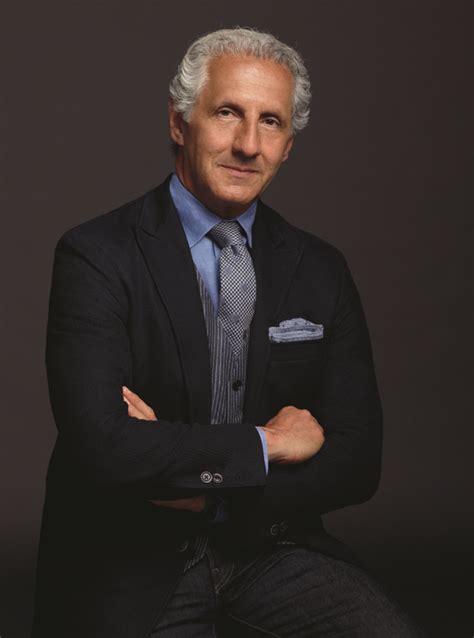A Quote by Howard Schultz
In the 1960s, if you were a blue collar worker or uneducated, and you had an injury on the job, the company basically dismissed you.
Related Quotes
My father had a series of blue-collar jobs and never made more than $20,000 a year. When I was seven, he got injured on a job. That was a very important point - because of the injury, he couldn't walk, and the company he was working for did not pay him. There was no compensation. So there was no money and no food.
I have a responsibility to the worker, both blue-collar and white-collar. I have an equal responsibility to the community. It would have been unconscionable to put 3,000 people on the streets and deliver a deathblow to the cities of Lawrence and Methuen. Maybe on paper our company is worthless to Wall Street, but I can tell you it's worth more.
For the blue-collar worker, the driving force behind change was factory automation using programmable machine tools. For the office worker, it's office automation using computer technology: enterprise-resource-planning systems, groupware, intranets, extranets, expert systems, the Web, and e-commerce.

